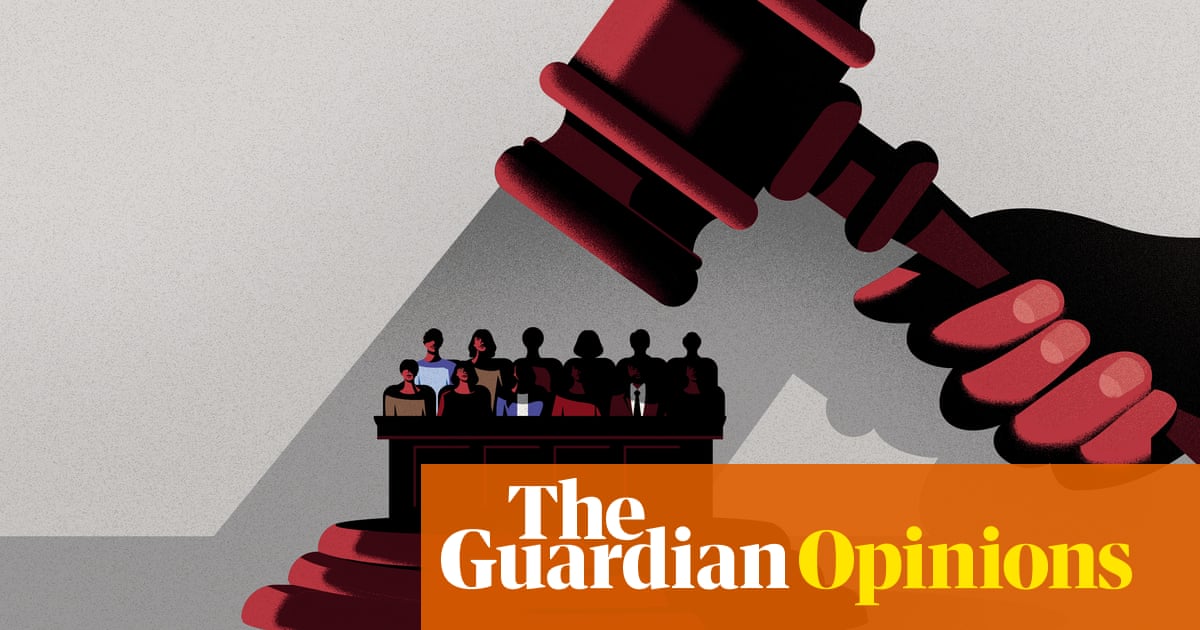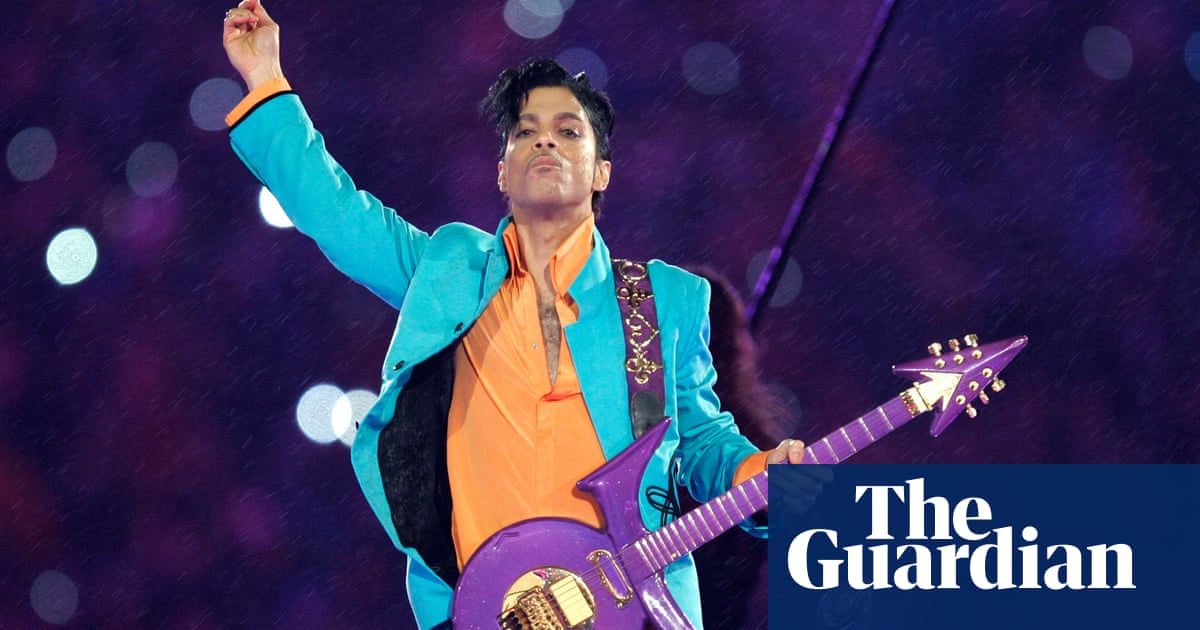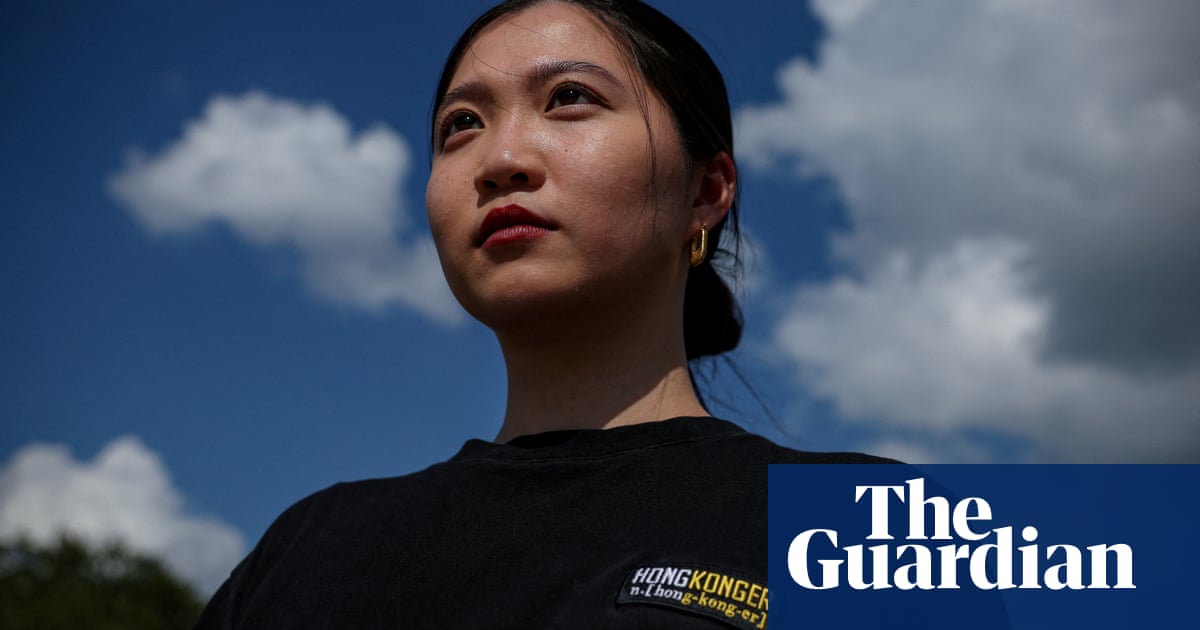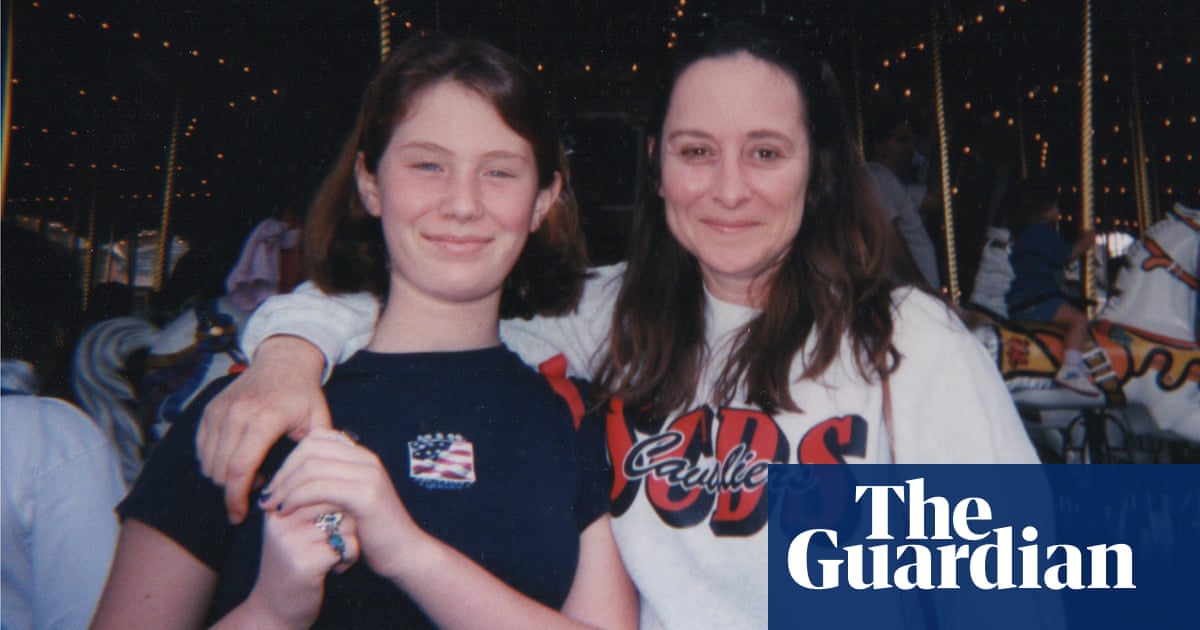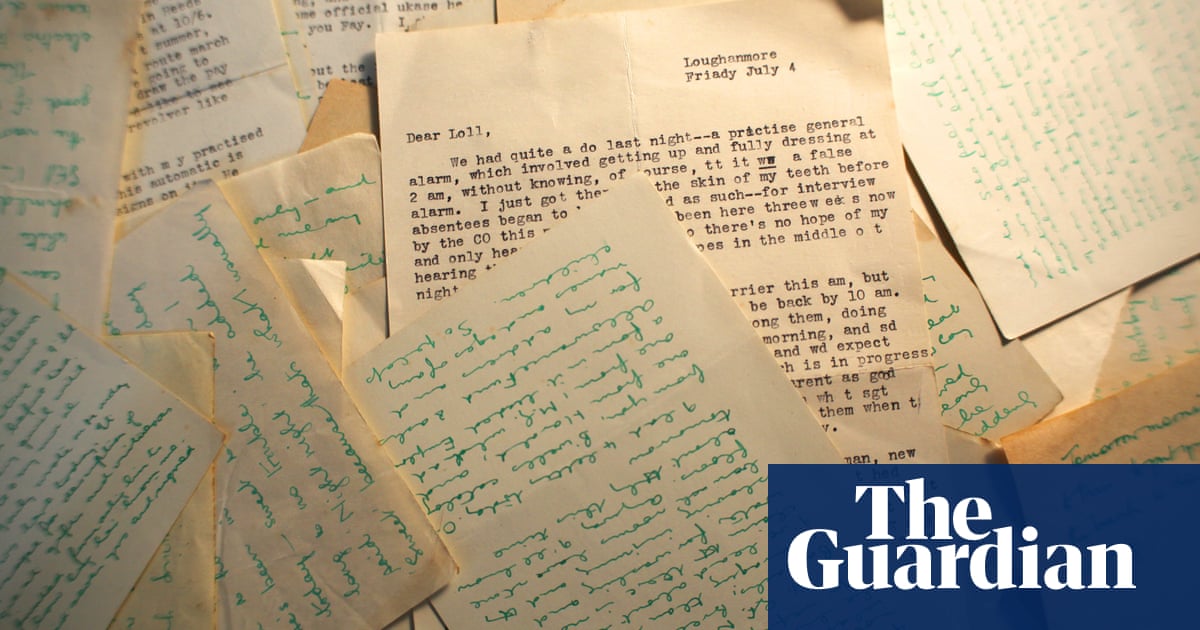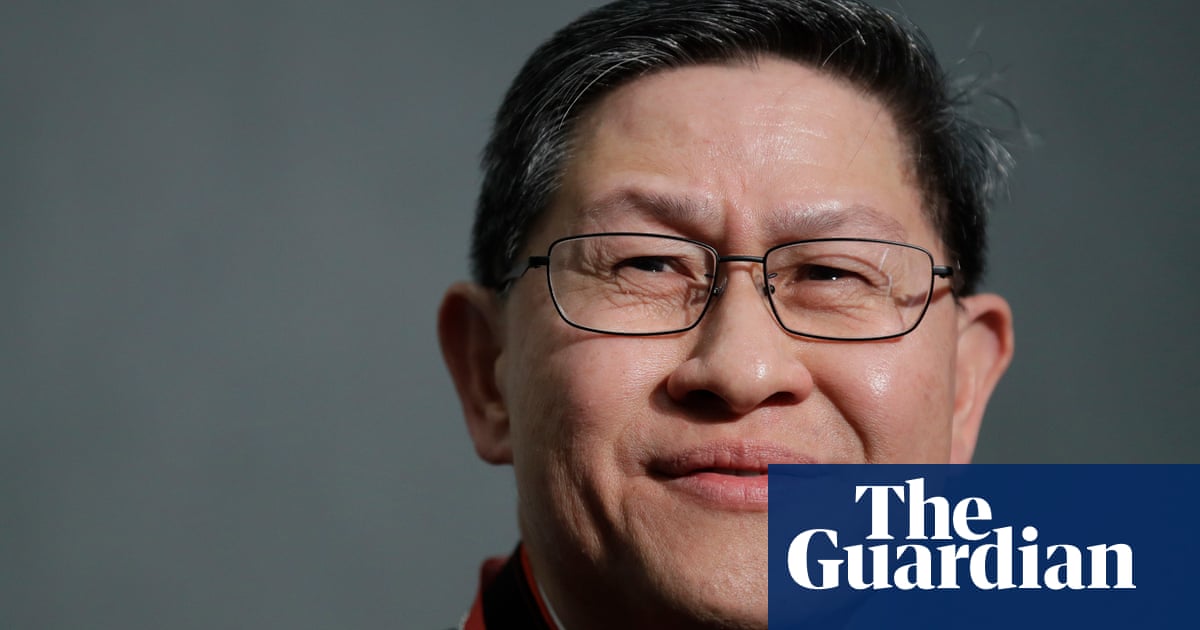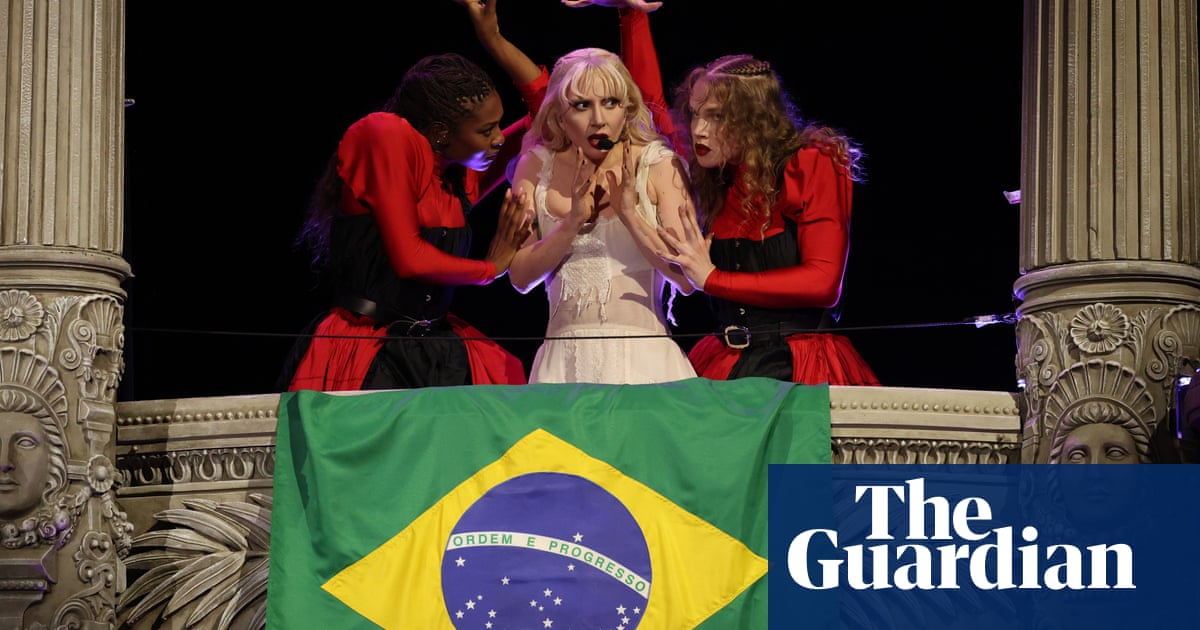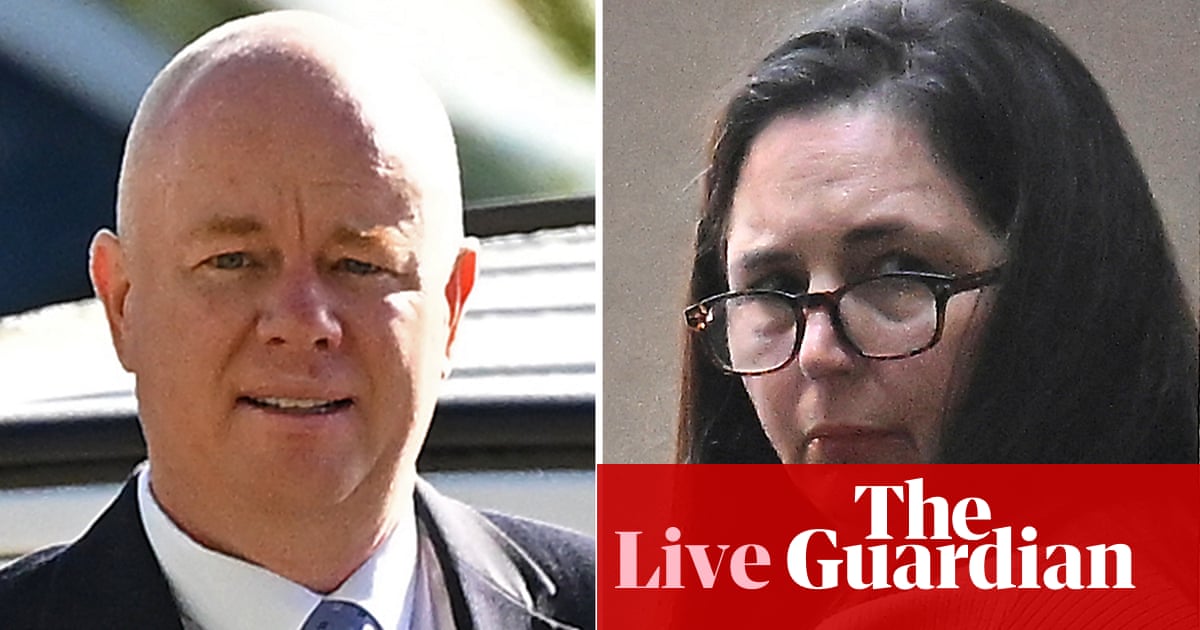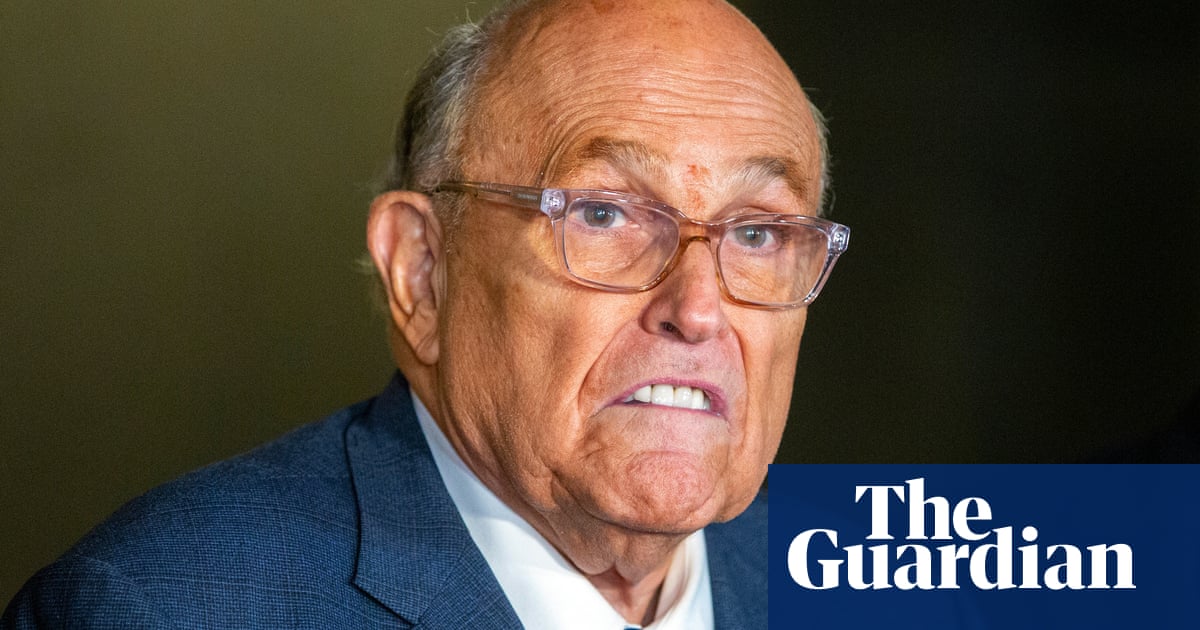Cobra Kai is an underdog story. It has been since 1984, when the movie The Karate Kid introduced Daniel LaRusso (Ralph Macchio), a weedy teenager in the San Fernando Valley area of Los Angeles County, who took up karate to combat bullies and ended up defeating his nemesis Johnny Lawrence (William Zabka) in the district under-18 final.
Then the franchise and its actors became the victorious underdogs. Macchio and Zabka had gappy CVs in the three decades after The Karate Kid and its so-so sequels, only to become stars again from nowhere in 2018 with a TV revival. Even that succeeded against the odds, starting as a YouTube original before transferring to Netflix on the back of a growing cult following.
That unusual backstory has created an extremely unusual show. It’s shot like a daytime soap and is often acted like one, having chosen not to recast any of the original characters: as well as Macchio and Zabka, numerous journeymen who failed to land any big gigs after The Karate Kid have been faithfully retained in the supporting cast, and whatever performance level they have managed is what the series has gone with.
The result is a drama that is hard to read. Is it earnest or camp? The serious dramatic moments often come off as unintentionally funny, but then there are comic sequences that are definitely funny on purpose. The premise, meanwhile, has grown ever more absurd. At first, it was all about teens taking local karate competitions weirdly seriously, to the point where rival dojos regularly engaged in bone-crunching violence that jarred with the general vibe of ordinary Americans dealing with minor travails at school, home and work.
Six-and-a-half seasons in – these five new episodes bring Cobra Kai to an end – the stakes have escalated to the point where, despite none of the cast being at all convincing as martial artists, the San Fernando Valley has become the epicentre of global under-18s karate. Last time we saw them, the gang was in Barcelona, competing in a world championship that was abandoned when a competitor was accidentally knifed to death during a brawl. So now everyone’s disillusioned and ready to hang up their black belts – until, of course, they reconsider and the tournament is rescheduled to take place right here in the All Valley Sports Arena.
As well as Daniel and Johnny – once rival senseis, now friends collaborating to turn their own kids into champions – we are still in the presence of the films’ antagonists. John Kreese (Martin Kove), the scarred Vietnam vet who was Johnny’s evil sensei in the original Karate Kid, is now remorseful and no longer evil; Terry Silver (Thomas Ian Griffith), the even more evil sensei from The Karate Kid Part III, is still very evil, as indicated by his ponytail, luxury yacht and monochrome business-casual outfits. Silver is the man behind the Iron Dragons, a dodgy dojo whose highly trained fighters are willing to break the rules and their opponents’ legs.
We are set up for a festival of David v Goliath encounters, in which a California teen who looks like they took up karate yesterday faces a chiselled killing machine who has been ordered to not just beat them, but physically break them – à la Johnny in 1984 against a hobbling Daniel, being told by a growling Kreese to “sweep the leg”. With slo-mo montages and a hair-rock soundtrack, the LA lads and lasses either win the bout implausibly, or lose but then decide that they won really because they tried, and because they’re better people who love their friends and family.
They all also really love “the Valley”, despite its strip malls, high schools, family cars and generously proportioned living rooms appearing to outsiders as unremarkable suburbia. Get over your British embarrassment at the idea of being intensely proud of where you come from, to the point where you believe that maladroit local sixth-formers can kick the ass of world-class karate experts, and the appeal of Cobra Kai is less of a mystery.
The other key to it is one you’ll have come to quicker if you’ve ever spent wet Sunday mornings on the touchline of a youth football match: really, this is a show about dads with unresolved issues living through their kids’ hobby, and the closing episodes are all about Daniel, Johnny, Kreese and Silver ironing out their mid- or late-life crises, one way or another.
Over time, Johnny has become the show’s main character, despite the likable Zabka’s technical limitations: the unambiguously serious scene where Johnny confronts his former father figure Kreese about the damage he did is, objectively, not brilliantly written or acted, but is delivered with a raw emotional courage that makes it suddenly devastating. In unlikely fashion, Cobra Kai wins again.

 2 months ago
43
2 months ago
43


